50 Years On, The Summer of '64 Looks More Momentous Than Ever
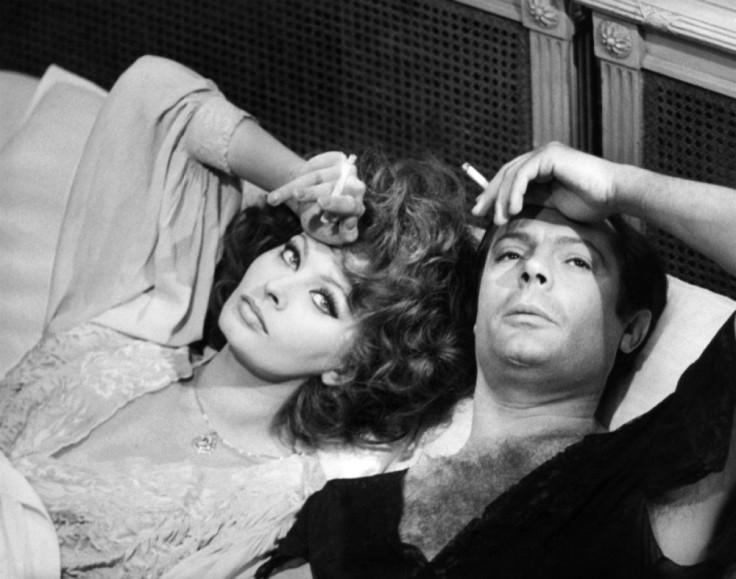
Some historical periods gain importance only in hindsight, but others, like the summer of 1964, are clearly significant, even as they're happening.
A succession of momentous events between the end of May and the start of September 1964, from the arrival of the Beatles in New York City to the infamous disappearance of three civil rights workers in Mississippi, made clear that history was being made and the world was in the throes of profound change.
Much of what happened that summer was immediately destined to go into the history books, including the passage of the U.S. Civil Rights Act and President Lyndon Johnson's announcement of a new "war on poverty."
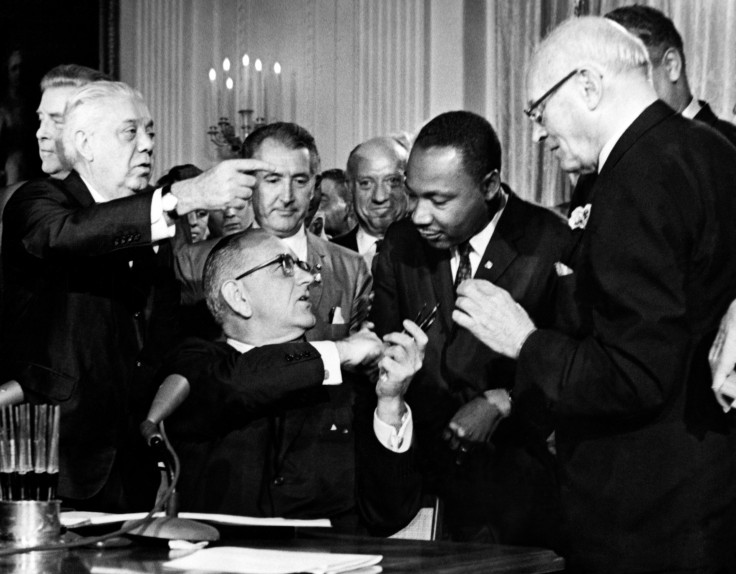
Other events were noted at the time, yet they grew in importance in the coming years, including the life sentence handed down against anti-apartheid activist Nelson Mandela in South Africa, the addition of 5,000 U.S. "advisers" to Vietnam and the first bombing that August of north Vietnam.
There was evidence that the world that summer was straddling two very different periods. Visitors to movie theaters and drive-ins had a chance to view sexy new films including Sean Connery's "Goldfinger," Natalie Wood's "Sex and the Single Girl" (which didn't actually depict much sex) and "Marriage Italian Style," a romantic romp about a cynical Italian man (Marcello Mastroianni) who falls in love with a prostitute (Sophia Loren) after a night in a brothel. At the other end of the spectrum were Julie Andrews and Dick Van Dyke in "Mary Poppins," Elvis Presley and Ann-Margret in "Viva Las Vegas," and a free-form comedy that changed the cultural landscape, the Beatles' "A Hard Day's Night."
Despite the gravity of events involving race relations and the emerging Vietnam War, the summer of 1964 largely belonged to the Beatles, who made their triumphal arrival in New York City and later in San Francisco; saw their songs take the top five spots on the charts; "acted" in "A Hard Day's Night" and recorded a related album; and were ordered by the Queen to attend her birthday party. Among the notable also-rans: The Rolling Stones.
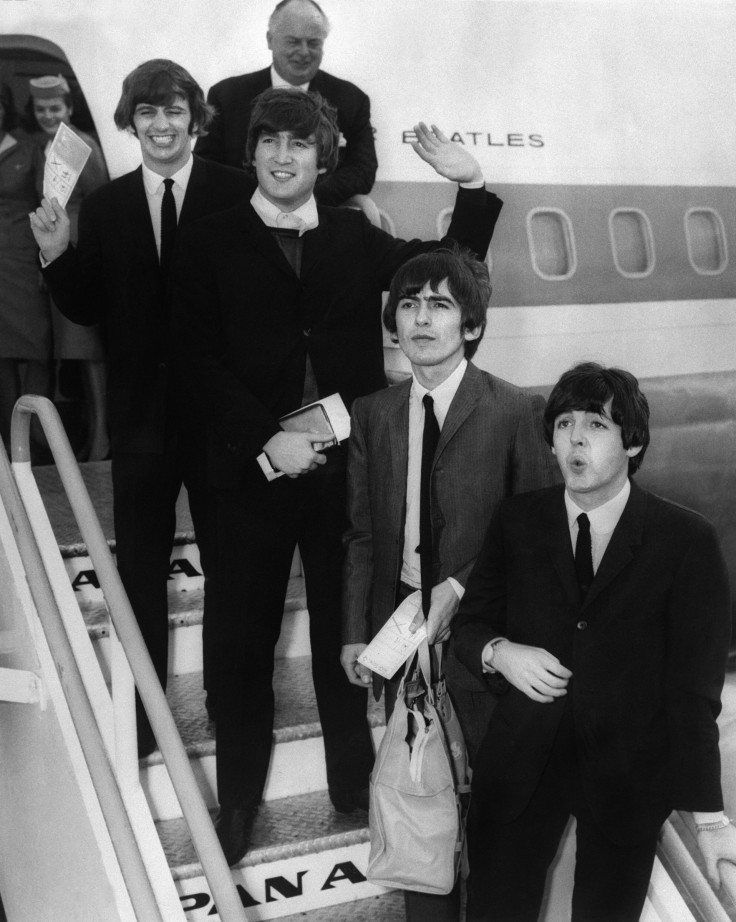
Straddling disparate historical periods inevitably brought weirdness, and the forward-thinking world also had to face less thrilling and more sinister possibilities, including the potential for nuclear annihilation. For that there was Stanley Kubrick's film starring Peter Sellers, "Dr. Strangelove or: How I learned to Stop Worrying and Love the Bomb."
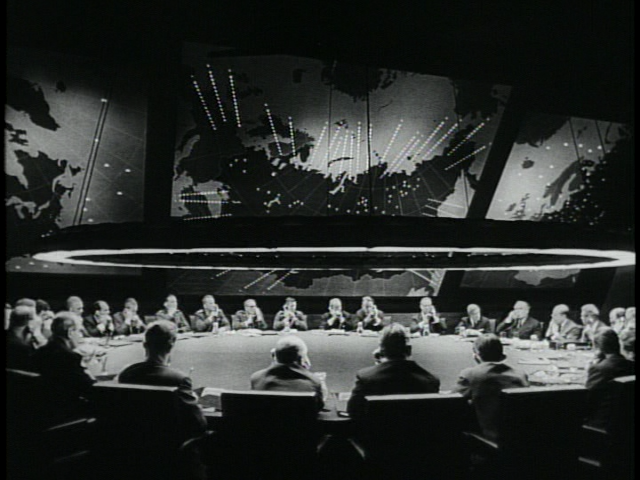
It was a time of flourishing style -- in fashion, in cars, in architecture -- and of race riots and social upheaval. Perhaps the most infamous incident involved the murder of civil rights workers Andrew Goodman, James Chaney and Michael "Mickey" Schwerner in Mississippi, whose bodies were discovered buried in an earthen dam.
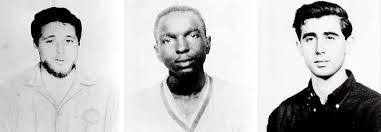
The three had been involved in registering black Mississippians to vote, part of a broader initiative known as Freedom Summer, which focused on the state that had come to symbolize racial inequality and segregation in the U.S. There were also race riots in New York City and Philadelphia, and in Singapore, where the conflict was not between blacks and whites but between ethnic Chinese and Malays.
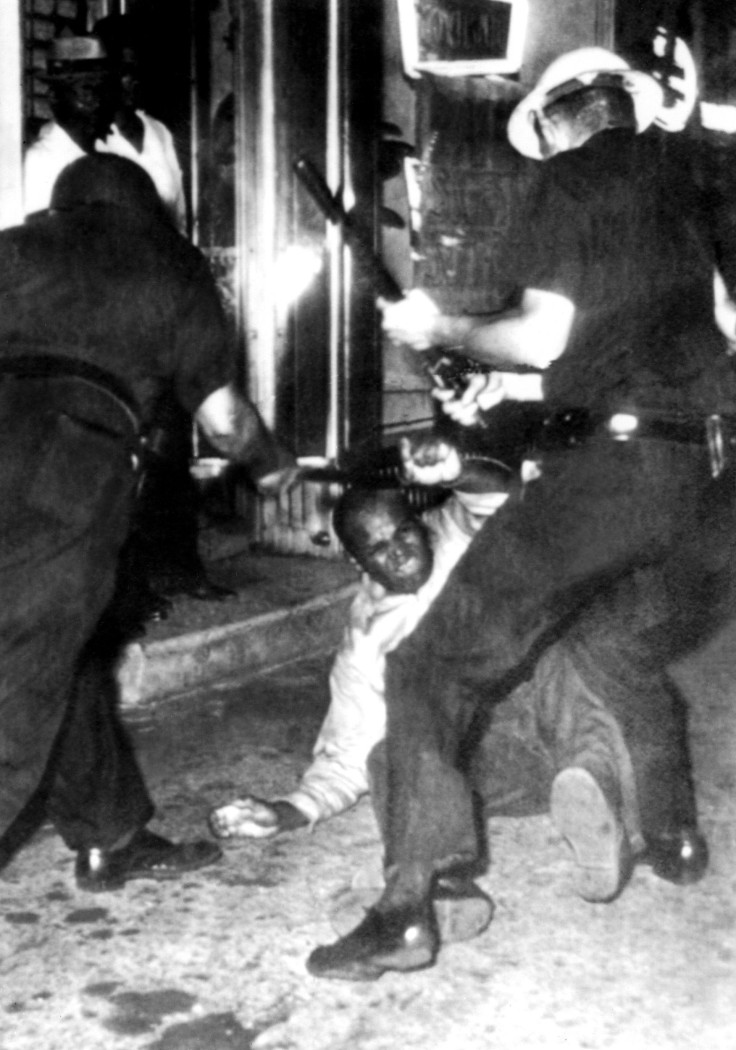
On the political front, the growing U.S. involvement in the Vietnam War would define the coming decade. That summer, after north Vietnamese forces fired on a U.S. destroyer in the Gulf of Tonkin, the U.S. began bombing north Vietnam for the first time. Soon, the first public protest of America's escalating involvement in Vietnam was staged in Times Square. It would be nearly a decade before the U.S. eventually pulled out of what was still an undeclared war.
Though in many ways it was a summer of discontent, the counterbalance was the New York World's Fair, which showcased America's technological prowess and exposed average citizens to computers for the first time.
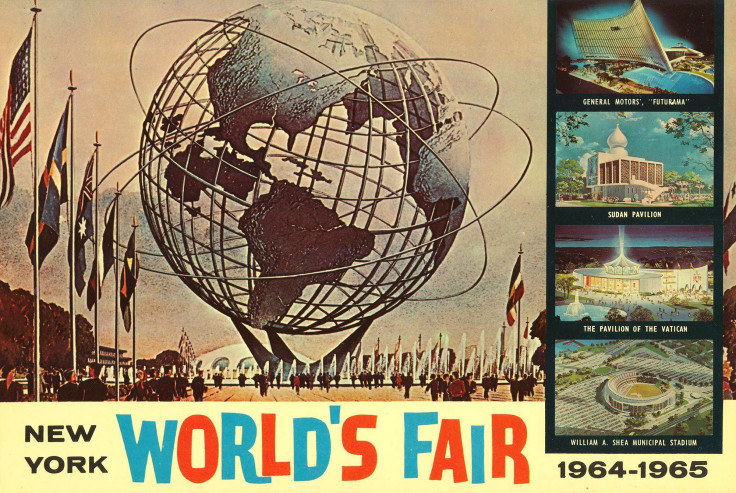
That January, the surgeon general had first reported that smoking cigarettes was a health hazard. And two months before that, the handsome young American president, John F. Kennedy, had been assassinated. But that summer, a range of simmering threats, rising sexual awareness, a sense of irony and an expectation of social change all found expression. In "Goldfinger," James Bond embodied them all, and despite the surgeon general's warning, he still smoked.
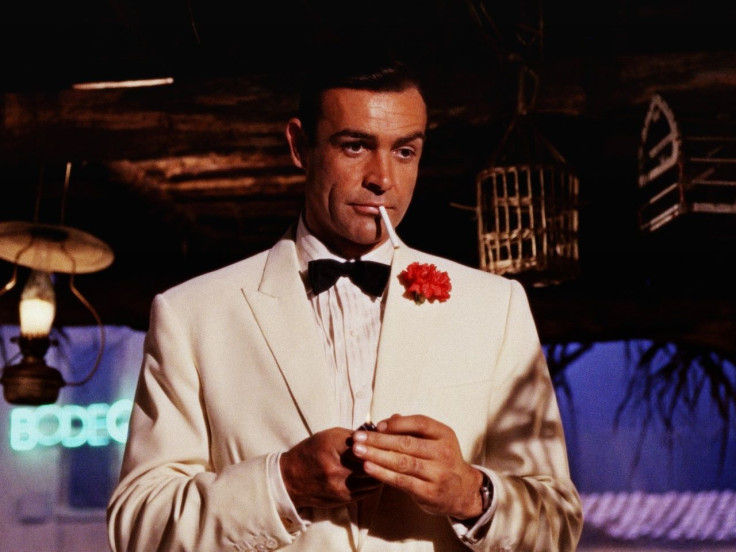
© Copyright IBTimes 2025. All rights reserved.






















